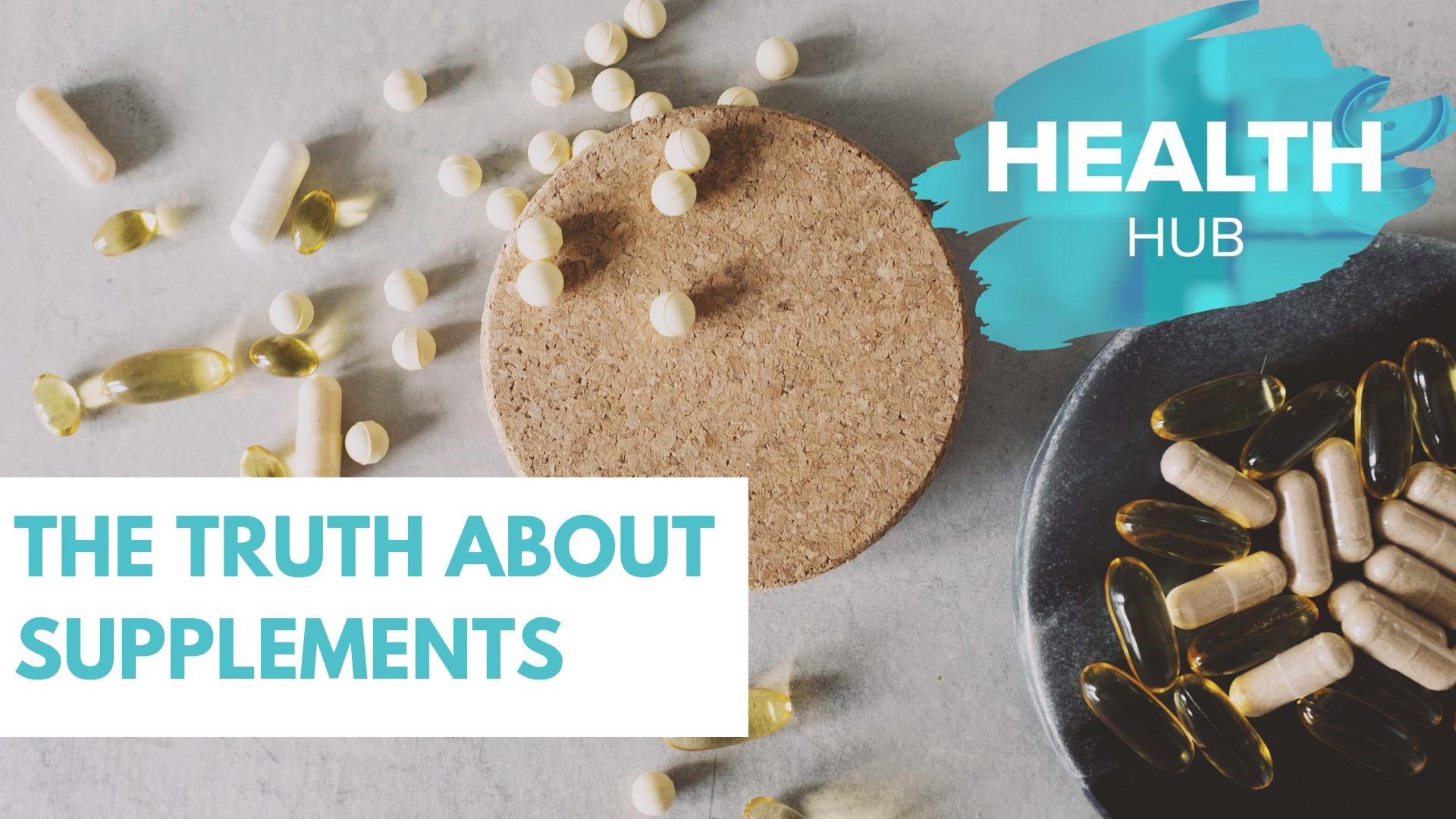NEW ORLEANS — With the need now to strengthen our lung function - endurance and stamina - to support immunity against the COVID-19 disease, walking, while practicing social distancing, is an easy access, inexpensive choice in our wellness toolbox. The question arises, as to how daily steps and what intensity level to facilitate this cardiopulmonary objective.
Prior national recommendations have include achieving 10,000 daily steps, which has spawned digital and wrist-worn monitors to track everything from heartrate, movement pattern (GPS), cardio load, strain, and tolerance (short and long-term exercise stress).
Limited evidence exists, as to the ability of this 10K daily step objective relative to its effect on mortality. It’s no secret that higher step counts can reduce risk to premature death, but the evidence to date is with older adults, those with chronic conditions, or with study groups experiencing relatively few deaths, which can skew outcomes.
Original investigation – Association of Daily Step Count and Step Intensity with Mortality Among US Adults – which appeared in March of 2020 on JAMANetwork.com (Journal of the American Medical Association) stated that, “although higher gait speeds and self-reported walking pace have been associated with lower mortality risk, there is conflicting evidence that higher accelerometer-measured step intensity is associated with better health.”
Researchers from the National Cancer Institute, University of Tennessee, Centers for Disease Control and Prevention, and the National Institute on Aging, sought to determine the dose-response relationships between steps per day and step intensity (steps/min) relative to mortality in a cross section of US adults 40 years or older. The objective was to see, if taking more steps and stepping at a higher intensity were associated with lower mortality risk.
From 2003 to 2006, a cohort of 4840 participants from the National Health and Nutrition Examination Survey were asked to wear an accelerometer on their hip for seven days to determine average daily step rate and step intensity. Then, they were followed for a prescribed period of time.
The participants also provided self-reported information on race or ethnicity - using fixed categories, which was collected - along with demographic information (age, sex, education); health behaviors (alcohol intake, smoking); and diagnoses of diabetes, heart disease, heart failure, stroke, cancer, chronic bronchitis, and emphysema. Height and weight were measured, and diet quality was assessed with 24-hour recall-based diet assessments.
All-cause mortality was assessed from the National Death Index and the International Classification of Diseases, 10th Revision (ICD-10) cardiovascular disease and cancer.
MACKIE: Drinking 14 alcoholic drinks per week associated with lower cognitive scores | Maximum Wellness
It was determined that, “higher step counts were associated with lower all-cause mortality risk among men, women, non-Hispanic white participants, non- Hispanic black participants, and Mexican American participants. In contrast, there was no significant association between higher step intensity and mortality, after adjusting for total steps per day.”
After tracking hundreds of weight-management participants in my prior hospital-affiliated wellness programs, we found that obese individuals (body mass index =/> 30) walked 4600 to 6,000 steps per day, while overweight individuals (BMI 27-29) accumulated 6,000 – 8,000 daily steps. To get the weight off, it required 10,000 to 12,000 daily steps.
We also found that it’s best to not get all your steps in one outing. Rather, break up your steps into multiple 10-15 minutes sessions, which not only helps to stimulate your metabolic rate, but also a great way to break up sedentary time.
Walk up to just below a breathless state and keep going – with emphasis on burning more calories from excess fat. The bottom line is to get out and attempt to increase your daily step count, while practicing appropriate social distancing.
My five locally operated GNC franchise locations – designated, as others, by the U.S. Homeland Security Department as essential businesses – are open, offering online ordering for grab and go, along with full access to our sanitized stores. For those who desire product to be shipped, please email spencer@mackienutrition.com with your requests.
Check mackieshilstone.com for store locations and hours of operation.
For more information, sign up for free, weekly wellness update – Mackie Mail – on the MackieShilstone.com home page. Listen to Mackie's podcast, Maximum Wellness, for free on all major podcasting apps.
► Get breaking news from your neighborhood delivered directly to you by downloading the new FREE WWL-TV News app now in the IOS App Store or Google Play.



